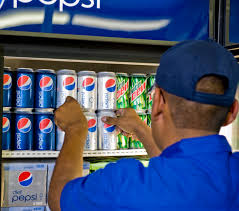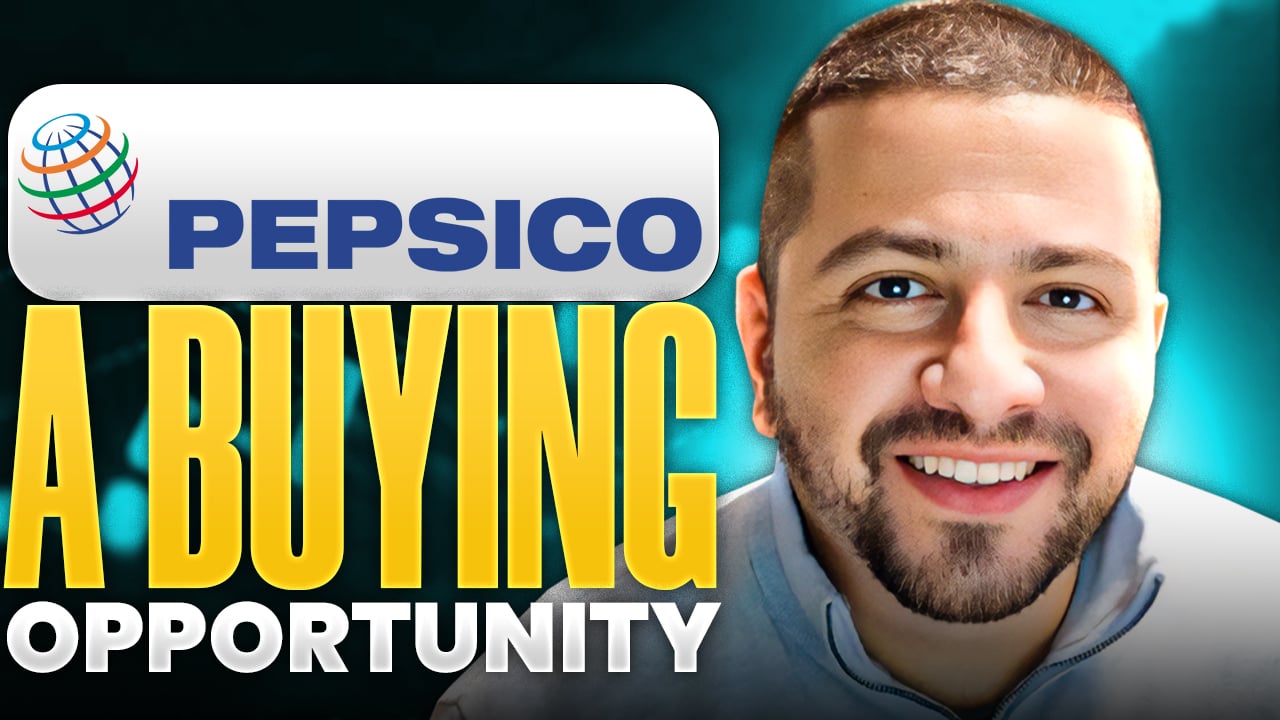Parts of PepsiCo's (PEP 0.17%) business took a huge hit as the COVID-19 pandemic impacted consumer behavior in April, May, and June. But its latest earnings announcement showed that the broader company fared well, with sales holding flat in the quarter that ended in mid-June.
Following its Q2 earnings report, CEO Ramon Laguarta and his executive team went through the main takeaways from Pepsi's most volatile quarter on record.
We'll look at a few highlights from that presentation below, including why management is feeling confident about its cash and earnings outlook heading into the second half of 2020.

Image source: Getty Images.
The right portfolio for the job
I'm pleased to report that our business performed relatively well through this unprecedented level of change.
-- Laguarta
Pepsi's diverse portfolio turned out to be a major advantage during the pandemic's initial outbreak months. While its beverage sales volumes declined by double digits, the snack segment kept growing. Pepsi's Quaker Foods division, meanwhile, which markets products like cereals and pastas, surged as consumers cooked and ate more meals at home.
Overall, organic sales were flat for the quarter. Rival Coca-Cola (KO 0.06%), which holds about the same market share in the U.S. beverage industry, is expected to show a more-than-20% drop in that core metric when it reports earnings on July 21.
Digging deeper
Quaker was also able to increase household penetration during the quarter, and many of Quaker's categories have grown even as economies reopened during the later parts of the quarter, with consumers purchasing and incorporating these products into their repertoire of food consumption.
-- Laguarta
Management's comments suggested no significant change in Pepsi's competitive posture with respect to beverages. Coke continues to dominate many markets outside of the U.S., while Pepsi has fought to roughly a tie in North America.
On the other hand, the company appears to be gaining ground in key snacking categories through hit franchises like Tostitos and Cheetos. Pepsi said Quaker's breakout quarter wasn't a one-time fluke, either. Many consumers are still choosing convenient at-home meal products even after economies reopen around the world, Laguarta explained.
Looking forward
It remains difficult to predict exactly how consumer habits and macroeconomic conditions will evolve for the balance of this year.
-- CFO Hugh Johnston
Pepsi only offered general guidance for the short term by saying sales will likely grow modestly in the fiscal third quarter. That suggests it might be 2021 before investors see a return to gains approaching the 7% spike the company enjoyed before the pandemic. Profitability should decline again in Q3, although not by as much as the recent 6-percentage-point drop that was driven mainly by COVID-19 costs.

Image source: Getty Images.
The good news is investors don't have to look hard to see signs of management's confidence in Pepsi's growth potential and financial strength. Executives still plan to return nearly $8 billion in cash to shareholders in 2020, even as Coca-Cola takes on more debt to relieve its cash crunch. Pepsi is staying active on the acquisitions front, too, and the Rockstar energy drink integration is one recent result of that strategy.
Pepsi is expecting COVID-19 costs to continue pressuring the business, likely at least into 2021. But its diverse portfolio and impressive cash generation give the company lots of flexibility to make smart investments aimed at extending its market share lead. Two of the biggest of these that investors will see over the next few months are rising marketing spending and a faster pace of product launches in the Quaker unit, including a Cheetos-branded macaroni and cheese product in the fall.







